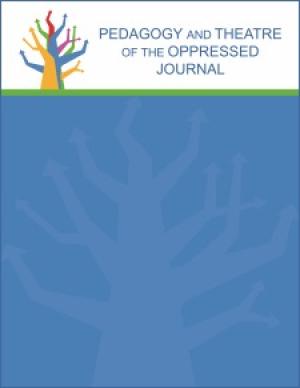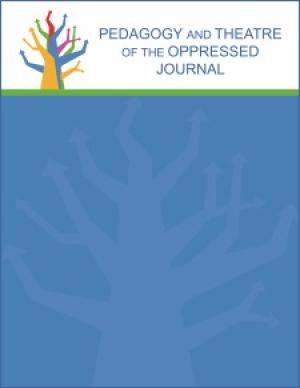Resources
July 3, 2019
The Wabash Center
July 3, 2019
The Wabash Center

July 3, 2019
The Wabash Center

July 3, 2019
The Wabash Center